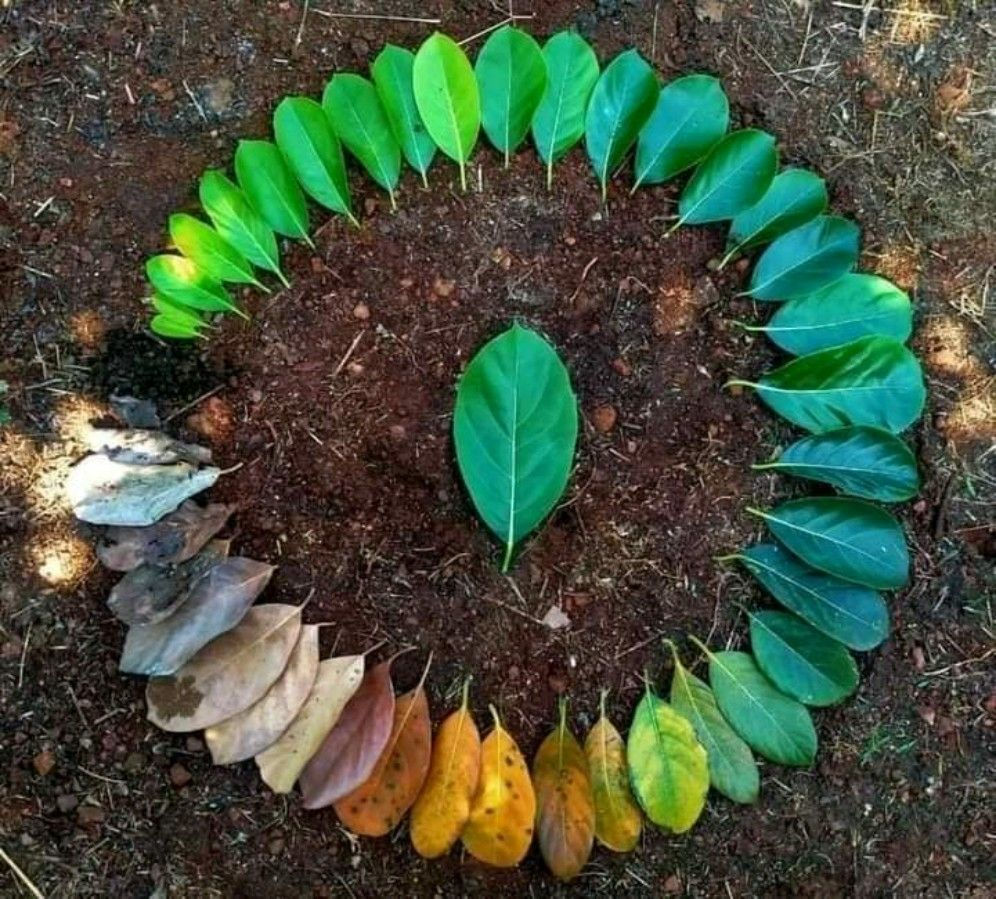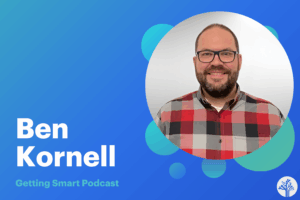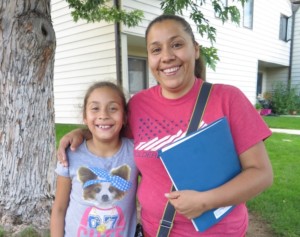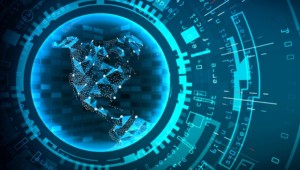The Decomposition of School and Regeneration of Learning
Key Points
-
Industrial schooling has been smelling funky for a while.
-
The fragmentation of time prevents deep learning.
-
Splitting school off from ‘real life’ undermines meaning and purpose.

By: Maggie Favretti
In natural ecosystems, when something dies, life is renewed. In an ever-present universal cycle of interrelationship, life regenerates itself. Decomposition creates the conditions for more life. Decomposition happens everywhere there is life—in our bodies (digestion), in our soil (the living rhizosphere), in our food (meat that smells funky or bread that’s gone green), and in our systems.
Industrial schooling has been smelling funky for a while. The fragmentation of time prevents deep learning. Splitting school off from ‘real life’ undermines meaning and purpose. Fragmentation into disciplines separates thinking into hierarchically arranged categories that can’t easily be put back together again. One size fits all curriculum doesn’t fit anyone and undermines belonging and invites adherence to a master narrative. Hyper-individualized competitiveness and ‘performance’ undermines relationships with others and with oneself. Standardized high-stakes testing of questionable value except as a sorting device contributes to the sense of purposelessness of it all—a game to be played, a violence to be survived or waited out. More and more students and teachers are stressed and dropping out, both by leaving and while staying. We are experiencing the decomposition of school.
Of course, decomposition has been happening all along, as it does with all systems, and regeneration has been happening, too, but recently both have accelerated. COVID ripped the cover off ‘normal,’ and made very public what’s wrong and what’s right with school. Educators and families don’t want the rotten part of ‘normal.’
The beauty of decomposition is that what’s left are the basic building blocks of life. What are the carbon, hydrogen, oxygen and nitrogen of schooling? Learning, change, and growth. Relationships. Different people and perspectives coming together. Meaning and purpose. Agency. Well-being. And these are what parents hope for when they send their kids off to school—that they will belong, be treated kindly and treat others that way, and that they can grow into thriving, caring and contributing adults. Of course I can’t speak for all parents, but I believe that we do want our children to flourish and to inherit the planet that we all call home in its best possible form.
Love is the unifying factor that holds us against entropy.
Maggie Favretti
Aware of it or not, humans are part of a vast and interrelated biocollective. We are reminded of this every time we take a breath or a bite to eat, every time we scatter a loved one’s ashes under a favorite tree or in sacred waters, every time the moon’s cycle guides not just the tides but when humans can reproduce. We feel it when we admire water droplets on a leaf, stand in awe of the stars, feel uplifted by a color, a comforting smell, music, or the feel of something soft—petal soft. If we slow down and acknowledge the presence of our relationships, the emotional pull of sounds and smells, the power of being made of the same stuff as stars, of the same water the dinosaurs drank, feel the energy connecting earth and sky through us, we know that we are not alone. We know we belong. We know what we need to do, and we know where to find the answer to the question of how. When we accept our infinite interrelatedness with the biocollective of life, we can see how learning is life, and the paths get clearer as to what we can do to cultivate its flourishing.
The particular expression of learning/life is likely to unfold differently and reveal different aspects in different places and times, and among different groups of learners. But life, the essential elements of it, are shared among the biocollective. Love is the unifying factor that holds us against entropy. Love is a teachers’ superpower. Teachers build community and help their students to care for each other and to work together. Children are naturally empathic and collaborative, and in living ecosystems, regenerative power is shared. How can power sharing in learning facilitate greater creativity and agency? No being is more or less alive than any other, and they are all different. They have to be. When all species in an ecosystem are the same, the ecosystem dies. This is called biodiversity. In our learning ecosystems, learning differences, cultural differences, and the infinite variety of interrelated being and becoming is what makes unity (not uniformity) strong. Fragmentation is entropy.
The opposite of fragmentation is coherence. Everything and everyone is valuable and has significance in the ecosystem in the form of a role to play, a way to participate and contribute. Nothing (and no one) is wasted. Coherent learning ecosystems feel good. Learners are needed and feel that they are just right. Plenty good enough. Just where they belong.
Life creates the conditions for more life (regenerativity). Decomposition creates very fertile soil, with all of the elements and nutrients needed to nourish a seed that, along with energy from the sun and water, will become another being. Coherent and regenerative learning ecosystems, the ones that are close to the roots of life, refreshing and revitalizing learning, are the ones that make sense and feel right. It won’t be long before these naturalized ‘alternatives’ are ‘normal.’
Education thinker Benjamin Freud says we are becomings, not beings, to remind us of the fact that change is a condition of being. Some species iterate faster than others. The faster they iterate, the more adaptable we say they are. Humans are infinitely adaptable. We are witnessing a systemic decomposition and regeneration. More and more regenerative learning communities are sprouting from the fertile soil of decomposition. Are they rooted in life? Do they match up with what we think are the basic elements of wished-for learning environments? Love and relationship. Diversity and equity. Holistic well-being and mattering. Agency and purpose and difference-making.
So simple when we lay it out that way. How can we cultivate the diverse and iterative growth of these lively hubs of creative companionship? How can we remove barriers to their development?
Maggie Favretti conspires with younger learners and colleagues from around the world to democratize and deepen learning and to build agency for transformative systemic change-making. She is the author of the new book Learning in the Age of Climate Disaster: Teacher and Student Empowerment Beyond Futurephobia. Her next steps include Earth and indigenous rights advocacy, and helping to further emancipatory and regenerative learning and civic action networks in the interest of peaceful and interrelated life. She plans to keep asking, what kind of ancestor will I be?





0 Comments
Leave a Comment
Your email address will not be published. All fields are required.